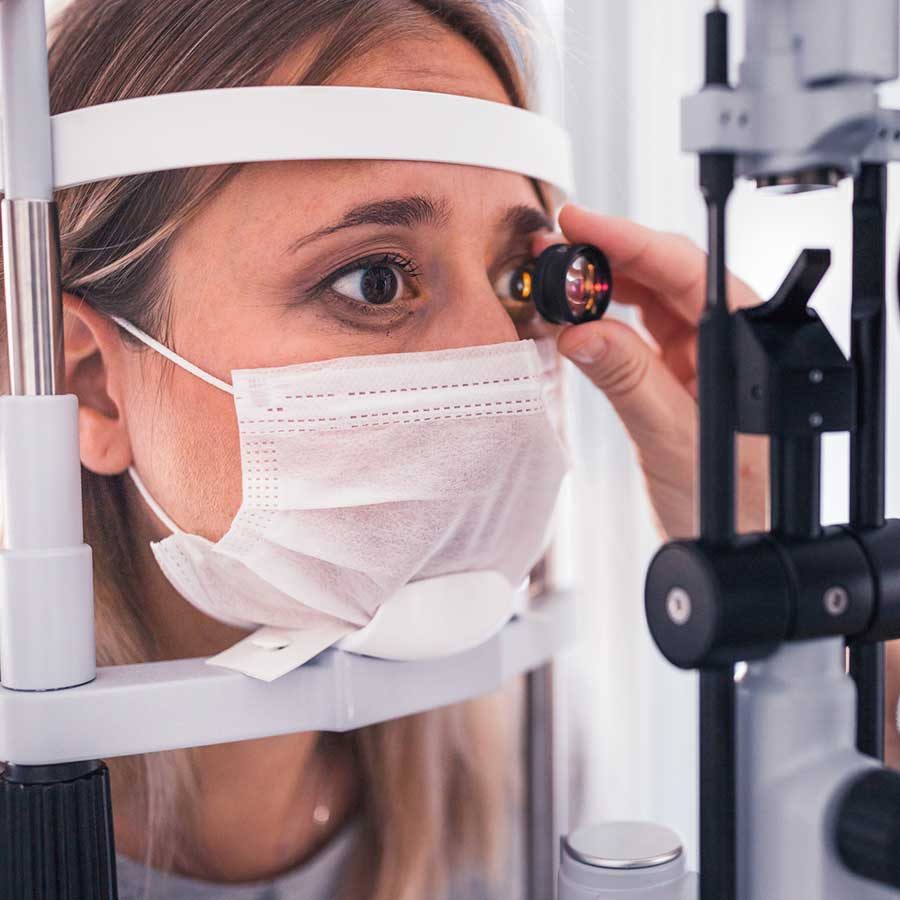Yes, squint eyes, also known as strabismus, can be present from birth. This is referred to as congenital strabismus. In cases of congenital squint, the misalignment of the eyes is noticeable early in a child’s life, typically within the first few months. The eyes may turn inward (esotropia), outward (exotropia), upward (hypertropia), or downward (hypotropia).
Congenital squint can occur due to various factors, including:
- Muscle Imbalance: An imbalance in the muscles controlling eye movement can lead to a squint.
- Nerve Issues: Problems with the nerves that control eye movement can contribute to squinting.
- Genetic Factors: There may be a genetic predisposition, and a family history of strabismus could increase the likelihood of a child developing congenital squint.
- Refractive Errors: Conditions such as farsightedness (hypermetropia) can also contribute to the development of squint in some cases.
It’s crucial for parents to monitor their child’s eye alignment and seek the advice of a pediatrician or an eye care professional if they notice any signs of squint or misalignment. Early detection and intervention are important for managing congenital squint and preventing potential complications, such as amblyopia (lazy eye), which can occur if the condition is left untreated. Children with congenital squint may be referred to a pediatric ophthalmologist for further evaluation and appropriate management.
Are you ready to experience the world with crystal-clear vision? Dr. Seema Behl, your dedicated ophthalmologist in Andheri West, is here to guide you on your journey to optimal eye health. Whether you need a comprehensive eye exam, treatment for vision issues, or expert advice on maintaining your eye wellness, Dr. Seema offers compassionate care tailored to your unique needs.




